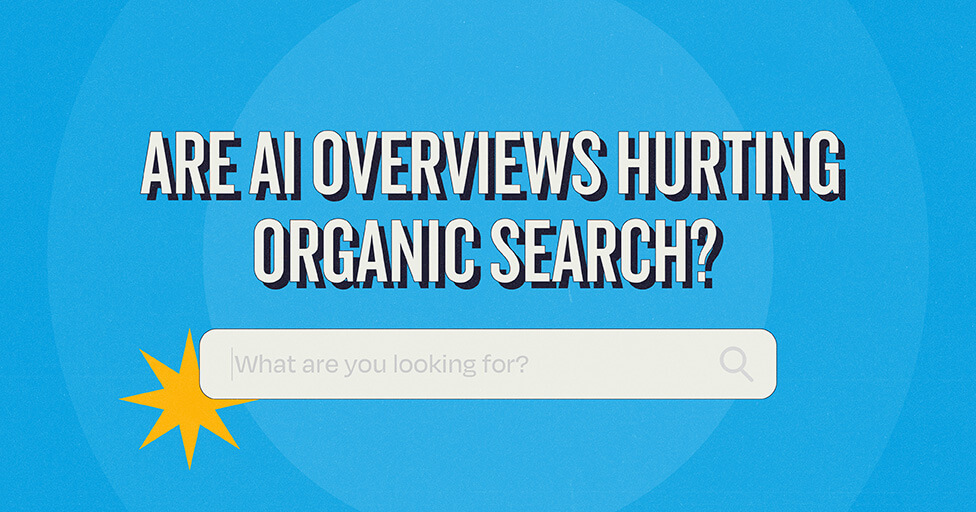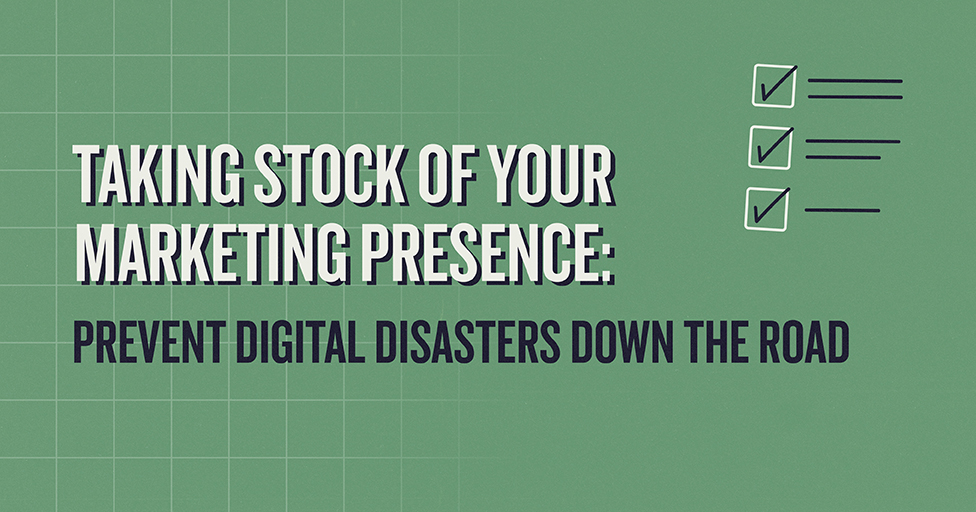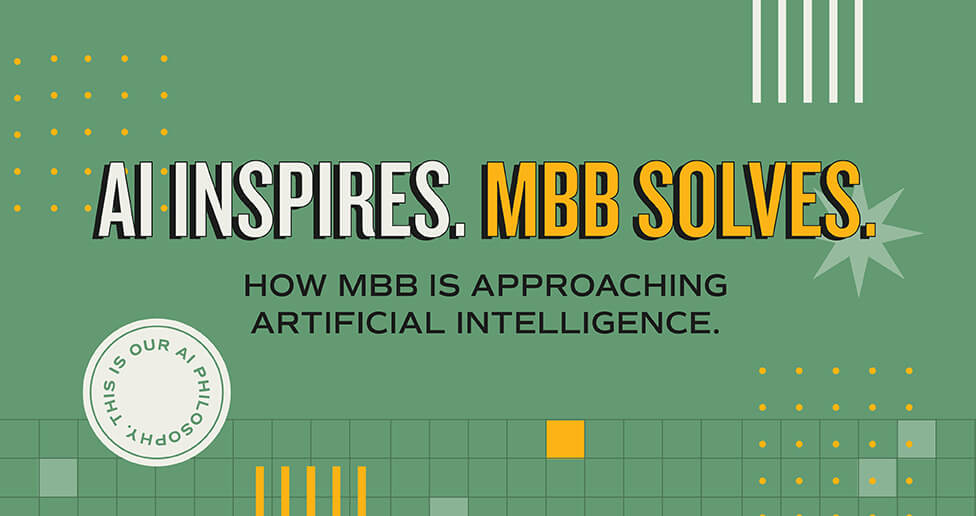
One point of discussion that always comes up when we present our SEO Audits here at MBB is surrounding the “Social Signals” part of our audit. Marketing managers are always interested in learning more about how (or if) social media performance affects SEO.
Despite Google’s claim that they do not take social popularity into consideration when determining rankings, I personally include this factor in my SEO audits because I believe social media signals can and do have an indirect positive influence on rankings and organic site traffic.
So, let’s talk a little bit more about this perspective and what your brand can do to capitalize on positive social media signals.
Social Media Signals Can Influence Your SEO
My perspective is that while Google may not be looking at the exact number of followers you have on Twitter or the number of times you’re posting on Facebook per day, Google does factor in brand engagement and authority when determining rankings, and it gives weight to those brands who show that they’re worth being engaged with.
That’s where social media signals come in. If Google sees that people are constantly talking about your brand, sharing your brand’s content, linking to your website, and engaging with you in general, then those are all going to be positive points toward your SEO efforts. Additionally, it is a well-known fact that the number of inbound links pointing to your site positively impact your site’s rankings. So a ripple effect occurs from your social media activities, to your brand in the eyes of Google, to your site’s ability to rank for relevant key terms.
Additionally, aside from my own speculation, there are some facts that support this notion. For instance, we know that Google has officially been granted a patent to use social media signals as a factor when evaluating search results. An article from Search Engine Land dives a whole lot deeper into this and sums up the patent nicely when they say that the factor will essentially “[take] into account what your friends and connections are doing and [augment] your search results based on it.”
There are also a number of studies that show how having a strong social presence does have a positive correlation to higher rankings.
So, there is definitely some formal evidence to support the idea that Google is – if they’re not already – seriously considering factoring social signals into their ranking algorithm.
How You Can Use Social Media Signals to Boost Your SEO
To me, the most direct way that you can leverage social media to help with SEO is to amplify your content. When you distribute the great content that you’ve created via social media channels, it can be shared, expanding its reach to new audiences and sending more traffic to your site. And again, more links and traffic to your site can translate into better engagement signals to Google and improved rankings. So, it’s important to create great content for both your website and to be housed natively on your social channels, and have a strategy for publishing and sharing it so that you get maximum results.
Additionally, we know that one aspect of great SEO is how much real estate you are able to take up for your brand in the SERPs for particular topics. Stats from a recent MozCast analysis show that – in the sampled selection of search results pages – 5.5% of searches yielded tweets. That number may not seem high, but in comparison, only 4.7% of the sampled group resulted in Knowledge cards, which I feel I’m exposed to in nearly every search I conduct. So I think it’s safe to say that if 5.5% of all searches ended up resulting in a tweet being listed, being active on Twitter can help your brand in its overall quest for SERP domination.
But Don’t Forget About Using Social Traffic to Boost Site Engagement, Too
One thing to keep in mind amid all this social to website excitement is that constantly experiencing spikes in direct social traffic to your website or specific piece of content won’t necessarily help you move the needle overall for your business. In fact, some say that having an extremely high bounce rate – which can often happen with social traffic – can negatively impact your site. Therefore, you need to be able to capitalize on these social traffic spikes when they occur.
There are many different lead engagement strategies that can help make the most of social traffic to your site, but some ideas include:
- providing your social traffic opportunities to stay in touch with your site and receive more great content by signing up for an email list
- incentivizing further social shares from those visitors by strategically placing social share buttons throughout your site’s content
- making sure that your social landing pages are optimized with appropriate calls to action to funnel people deeper into your site if they so desire
By further engaging this social traffic on your site, you can improve your site’s on-page engagement metrics, which can not only help you reach business objectives like filling your lead funnel, but can further strengthen the bond social and SEO have for your brand.
In Sum…
We recommend focusing on social media content and engagement, as these social signals can have a positive impact on your overall brand clout and presence.
This boost in brand awareness, mentions, shares, inbound links and (engaged) website traffic, can indicate to Google that your brand is a quality one that encourages user engagement on a regular basis. And since Google likes to send its users to sites from the highest quality brands, I believe your site will perform better in the SERPs when it’s being powered by not only great SEO-only tactics and content, but social signals, as well.
To learn more about how social and SEO work together, or to request your very own SEO audit, contact us today.
Subscribe to our newsletter
Get our insights and perspectives delivered to your inbox.


